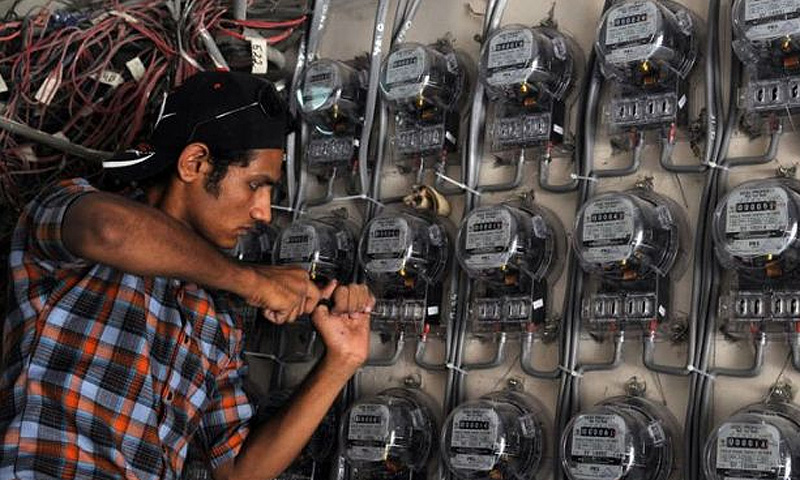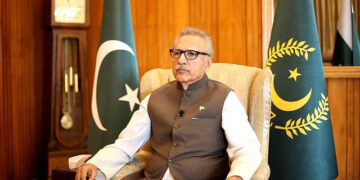Rejecting a government advice to charge the consumers for loss suffered because of the sector’s inefficiency, the National Electric Power Regulatory Authority (Nepra) determined on Thursday up to Rs3 per unit reduction in tariff for the distribution companies of Islamabad, Faisalabad and Peshawar.
In its detailed determinations for the three companies for financial year 2014-15, the regulator did not entertain policy guidelines of the government seeking financing of Rs415 billion loans and other inefficiency costs through the tariff. The determinations for seven other distribution companies will be released later but the regulator has set basic principles for all of them. In the case of the Peshawar Electric Supply Company, the regulator, however, allowed around Rs4.5bn cost in the shape of two per cent system losses to be charged from consumers because of limitations arising out of the security situation in Khyber Pakhtunkhwa. The same principle was expected to the followed in the case of Quetta, an official said. IESCO: Under the Nepra determination, the electricity rate for lifeline domestic consumers, using less than 50 units per month, of Islamabad, was kept unchanged at Rs4 per unit. The rates for up to 100kwh and the second slab of 101-300 units were cut by Rs1.50 per unit. The rate for 301-700 units was reduced by Rs2, while those consuming more than 700 units will get electricity at Rs2.50 per unit cheaper than the existing rates. The peak and off-peak rates for consumers on time-of-use meters will also drop by Rs2.50 per unit.
[contentblock id=2 img=gcb.png]
Read More: Power Tariff Cut by Rs3.24 Per Unit
The tariff for commercial consumers has been brought down by Rs3 per unit and for industrial and agricultural consumers by Rs2.50. The company is expected to sell about 8.2bn units during the year 2014-15 and earn Rs88.92bn. FESCO: The lifeline tariff for Faisalabad Electric Supply Company (Fesco) consumers was also kept unchanged at Rs4 per unit. The tariff for first 100 units of domestic consumers was reduced by Rs2 per unit, while it was cut by Rs3.80 for 101-300 units. Nepra approved Rs1.40 per unit reduction in rates for 301-700 units while peak and off-peak rates on TOU meters were reduced by Rs2.50 per unit. The rate for Fesco’s commercial consumers was reduced by 50 paisa per unit and for industrial and agricultural consumers by Re1. Fesco expects to generate about Rs107.43bn revenue in 2014-15 through sale of 9.89bn units. PESCO: Nepra did not change lifeline tariff for Peshawar Electric Supply Company (Pesco) — Rs4 per unit.
[contentblock id=3 img=adsense.png]
The rate for first 100 units was reduced by 50 paisa per unit, followed by 26 paisa for 101-300 units. The rates for 301 units and above were kept unchanged. The rate for commercial consumers was slashed by 50 paisa and for industrial and agricultural use by Re1 per unit. Pesco is expected to generate about Rs123.74bn during the year through sale of 8.4bn units. An official said Nepra’s decision to give 2pc higher allowance for system losses due to security problems was included in Pesco’s tariff reduction. After approval of the Economic Coordination Committee (ECC) of the cabinet, the ministry of water and power had issued policy guidelines to Nepra to charge Rs45bn worth of electricity theft by treating system losses at 18pc instead of 13.2pc allowed by the regulator. On top of that, it was asked to include in the tariff the financing cost of Rs295bn loans contracted by the last government for paying circular debt along with Rs40 billion borrowing by the finance ministry last month for Pakistan State Oil to ease a petrol shortage and Rs37bn mark-up.













